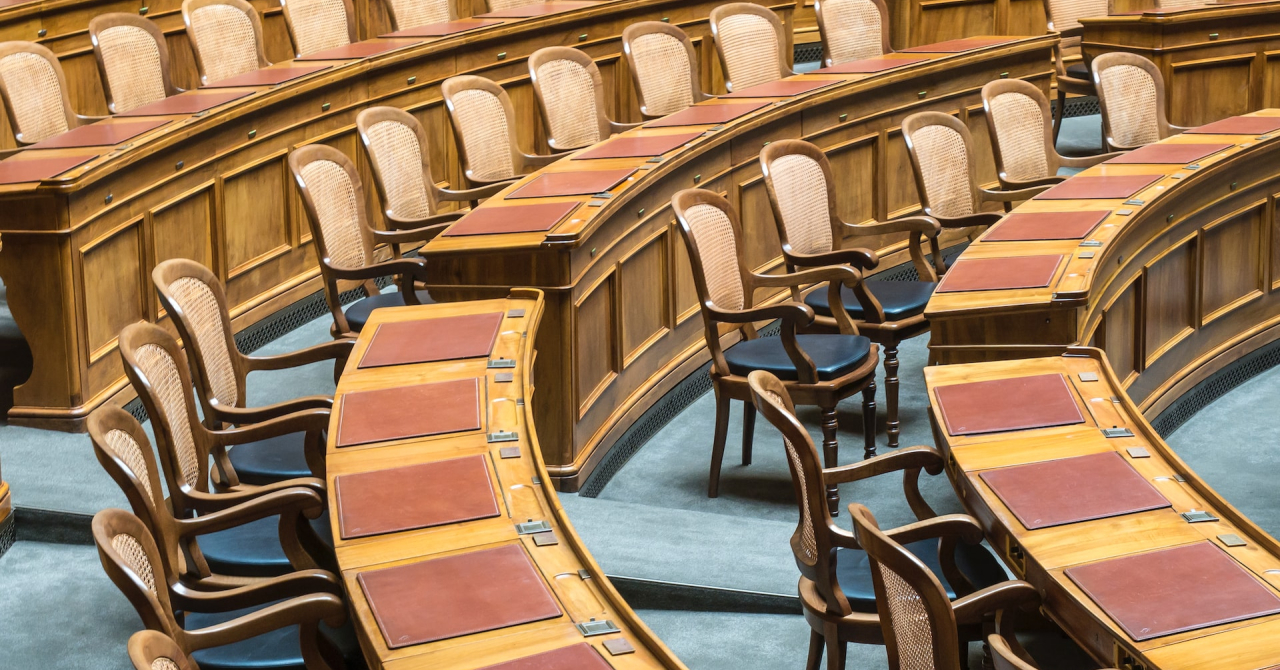World Economic Forum reports that Tunisia is an African country that puts women's rights high on the list, which is why it bumps the numbers of women leaders around the world.
They also believe that gender quota plays an important role in women's empowerment across global governments, pointing that over two-thirds of the countries that surpassed the 40% mark applied some sort of quota.
The number of women representatives in Tunisia could experience a decline following the 2023 elections in the country.
IPU data reveals that women represent at least half of the decisional power in parliaments in just six countries around the world, the leader being Rwanda, which has a share of women politicians of 60%.
Next comes Cuba and Nicaragua, where women have a share in the parliament of 53% and 52% respectively.
Mexico and the United Arab Emirates are equal when it comes to the gender quota and Sweden and Iceland are among those that are close in terms of gender fair share.
On the other side, there are some countries around the world that are doing very poorly when it comes to women holding seats in the parliament and at the bottom of the ranking sits Yemen, where not a single woman has decisional power. Vanuatu is following the bottom of the ranking with a single woman taking part in governance.
Japan is perhaps a shocker when it comes to global superpowers where women hold the least seats in the parliament, with only 10% of the representatives being female.
Australia, Malta, Slovenia and Uzbekistan are also some of the countries that made great progress when it comes to gender equality in the parliament of each nation.
Some countries, such as Algeria and Tunisia, are taking steps backwards, following changes in the countries' leaderships. Algeria saw a decline in the share of women in the parliament from 26% to 8% back in 2021 after some changes were made to the quota system.
Despite the situation being good in Tunisia, a drop in the share of women politicians with decisional power is expected following another one that happened in 2019.
 Mihai - Cristian Ioniță
Mihai - Cristian Ioniță












Any thoughts?